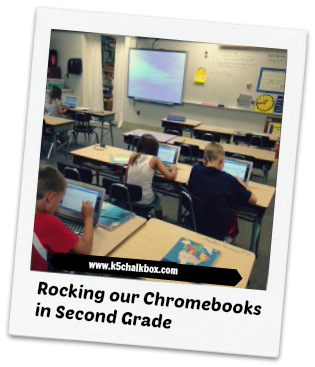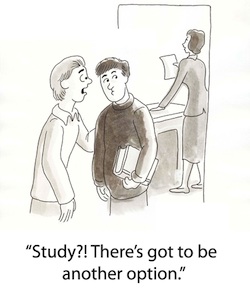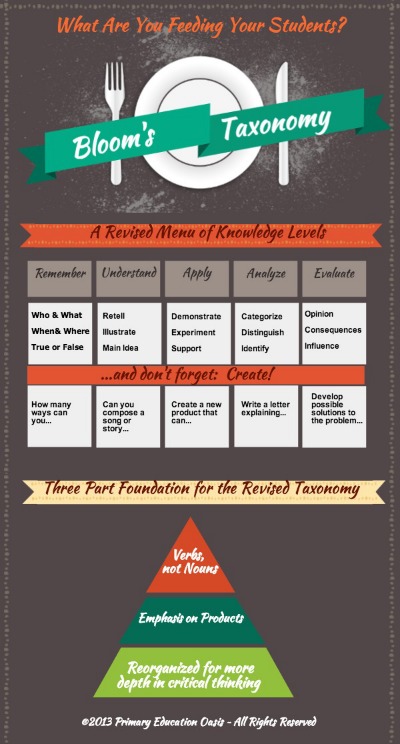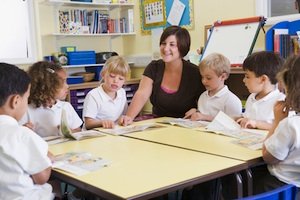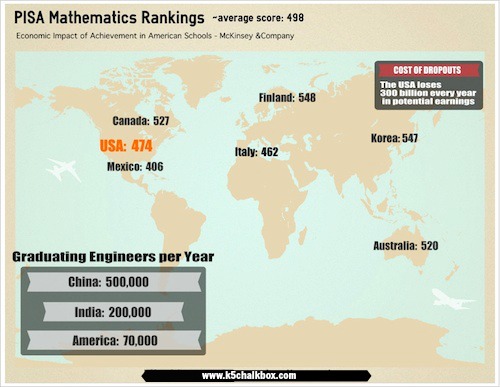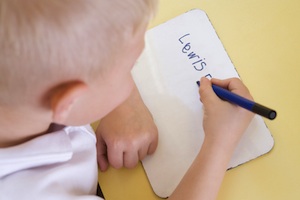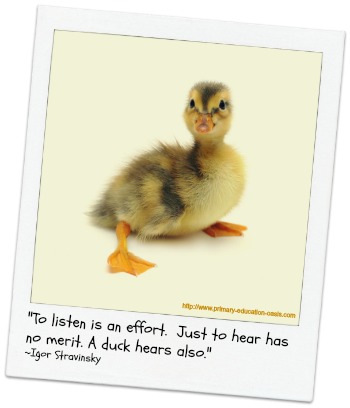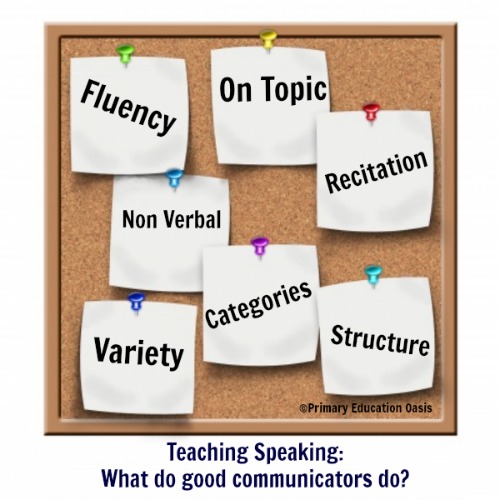Chromebook: The Best Laptop for School
How do you decide what the best laptop for school is? What makes one superior over another (and why aren’t I writing this post on a Chromebook if they are so great)? Last year I was given a grant for 5 Nexus 7 tablets. I love my personal one (I also have two iPads, iPhones … Read more
